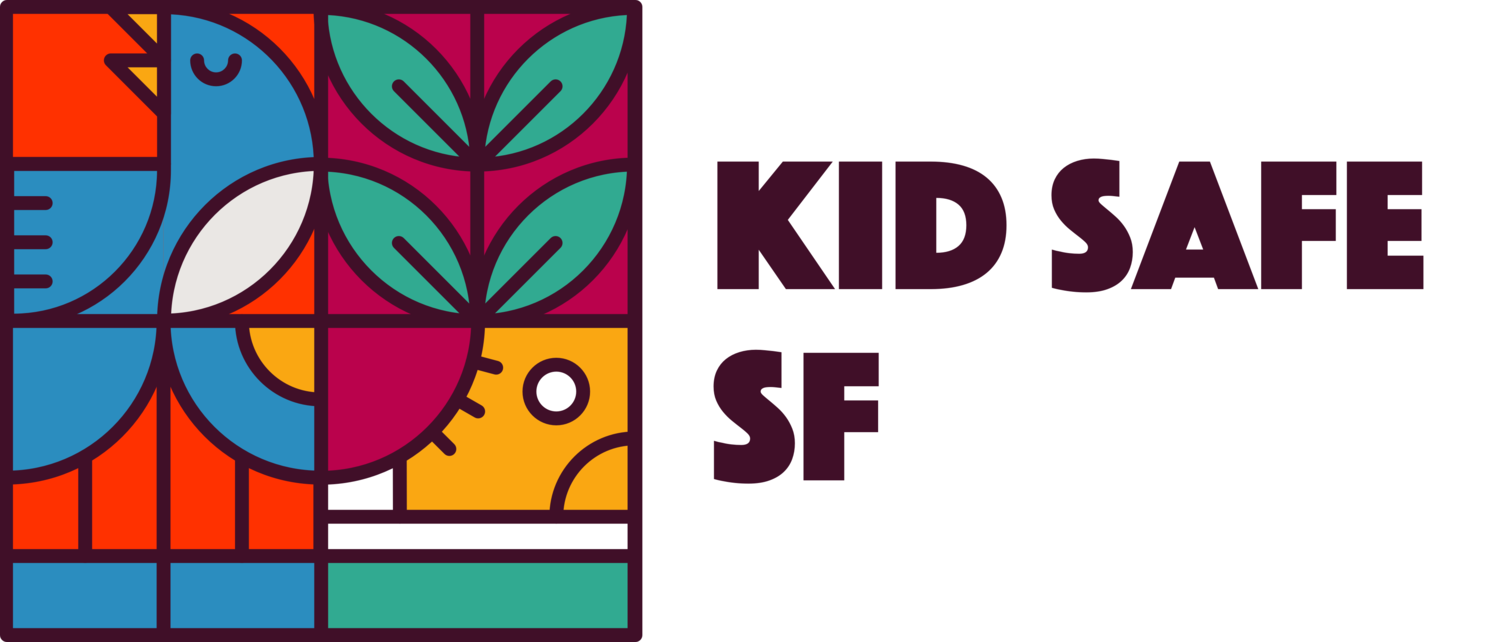5 Things to Know about the Great Highway Before You Vote Yes on K
With 2 weeks until election day, now is the time to read up on Prop K, the measure on the ballot that would turn the Great Highway into a permanent park by the ocean. We’ve put together a quick explainer to help you share with friends, and spread the word about this important measure for the future of San Francisco’s coast!
Want to do even more to help us win?
1. The Great Highway south of Sloat is permanently closing.
The city has already decided to close the Great Highway South of Sloat because of coastal erosion. The 2012 Ocean Beach Master Plan, a collaborative planning process led by SPUR, recommended permanently closing the section from Sloat to Skyline to protect the west side’s main water treatment infrastructure.
Once this section of the road closes, it will lose its utility as a direct connection from the Richmond to Daly City, and commuters will need to route inland to Sunset Boulevard. With improvements coming to Sunset like this year’s repaving, and new traffic lights to be installed on Lincoln and at Sloat and Skyline, the commute route will improve quickly. The SFMTA estimates that commutes will be 1-3 minutes longer at peak rush hour using Sunset Boulevard instead of the Great Highway, less at other times, and that’s before any of the traffic improvements are in place.
2022’s Prop I, which would have forced the city to keep the Great Highway open to cars every day of the week, was rejected by a resounding 65% of voters, so there’s no way we’re going back.
2. The Great Highway between Sloat and Lincoln currently closes between 32-65 days each year
Sand blowing onto the roadway causes the road to be unreliable already, and the city is estimated to spend up to $1.7M per year in coming years to keep the road drivable.
While a park would still need regular sand clearance, the requirements for safe walking and biking and emergency access are much less intensive than keeping four lanes clear for fast traffic. The City Controller estimates that the measure would save $350,000-$700,000 each year on maintenance costs.
3. The Great Highway is already the city’s third most popular park.
Image credit: Yes on K, Ocean Beach Park
Since early in the pandemic when the park was open to people every day, it’s been clear that the space already functions as a great park promenade, without any improvements. Nearly 10,000 people visit each weekend, and with simple improvements like seating, art, and food trucks, the space will draw even more people in to enjoy recreational opportunities on the coast.
4. The pilot ends in 2025.
The pilot was established to prove that there was demand for a new park. With 10,000 visitors every weekend, it’s clear that San Franciscans are enjoying using the Great Highway as recreational space. At the end of 2025, the city has to decide whether to continue maintaining a road that is losing its utility, or use the space as a park full time. Without Prop K, the default is that the road will return to cars full time, every day of the week, and SF’s third most visited park will be gone.
Deciding this matter via ballot measure gives the most San Franciscans an opportunity to weigh in on how we should use the space next to our coast.
5. A park is the best plan for the coastal environment.
A new report from the San Francisco Estuary Institute outlines the benefits of turning the Great Highway into Ocean Beach Park, including restoring the dune habitat; providing shelter, nesting habitat, and food resources for reptiles, and small mammals; and reducing harmful traffic-associated impacts, like wildlife disorientation and pollution. According to the report, which looked at ways to improve the coastal environment under different scenarios for traffic on the road, “closing the roadway to cars entirely has the greatest and most immediate ecological benefits.”
Prop K is supported by every major San Francisco environmental organization, including the Sierra Club, the SF League of Conservation Voters, the Nature Conservancy, Greenbelt Alliance, the Golden Gate Bird Alliance, Climate Reality Bay Area, and Surfrider Foundation.





